The views expressed in our content reflect individual perspectives and do not represent the authoritative views of the Baha'i Faith.
Certain objective and universal features create the preconditions for human development, and one of the most important is a fair system of justice.
In discussing the universal preconditions of social development in his book The Secret of Divine Civilization, Abdu’l-Baha called for many forms of rationalization in Iranian society. For instance, he argued that a legal system in which the judicial decision is oriented to the objective features of action and not based upon the arbitrary discretion of the judge is a rational model for all cultures and societies.
Abdu’l-Baha wrote that if the judicial practice of Iran or any other country deviates from this model, then instead of celebrating injustice and inefficiency, judicial reform must be implemented. He effectively argued that if the judicial system is not consistent, predictable, and universalistic, the results will be an unending waste of resources for further judicial claims:
Up to now the religious law has not been given a decisive role in our courts, because each of the ulama has been handing down decrees as he saw fit, based on his arbitrary interpretation and personal opinion. For example, two men will go to law, and one of the ulama will find for the plaintiff and another for the defendant. It may even happen that in one and the same case two conflicting decisions will be handed down by the same mujtahid [Islamic legal authority], on the grounds that he was inspired first in one direction and then in the other. There can be no doubt that this state of affairs has confused every important issue and must jeopardize the very foundations of society. For neither the plaintiff nor the defendant ever loses hope of eventual success, and each in turn will waste his life in the attempt to secure a later verdict which would reverse the previous one. – Abdu’l-Baha, The Secret of Divine Civilization, pp. 37-38.
The Baha’i teachings say, at this stage of the development of humanity, that some universal principles are imperative for all societies and cultures.
In addition to the rationalization of law and judiciary, Abdu’l-Baha called for political rationalization as well. For him, equality of all citizens in terms of basic rights, and political democracy are among the necessary, objective and universal features of the development of modern societies.
If internal traditions discriminate and violate individual rights, or if they maintain an oppressive political structure, then the tradition should change and adapt to the imperatives of an emerging complex and international world order. Historicist theory usually critiques ethnocentrism and imperialism, but if historicist theory wants to maintain its protest against cultural and political imperialism, then it must respect the inherent rights and dignity of the individuals as well—then, obviously, the same historicist theory must defend the equality of the rights of individuals as a universal principle of development.
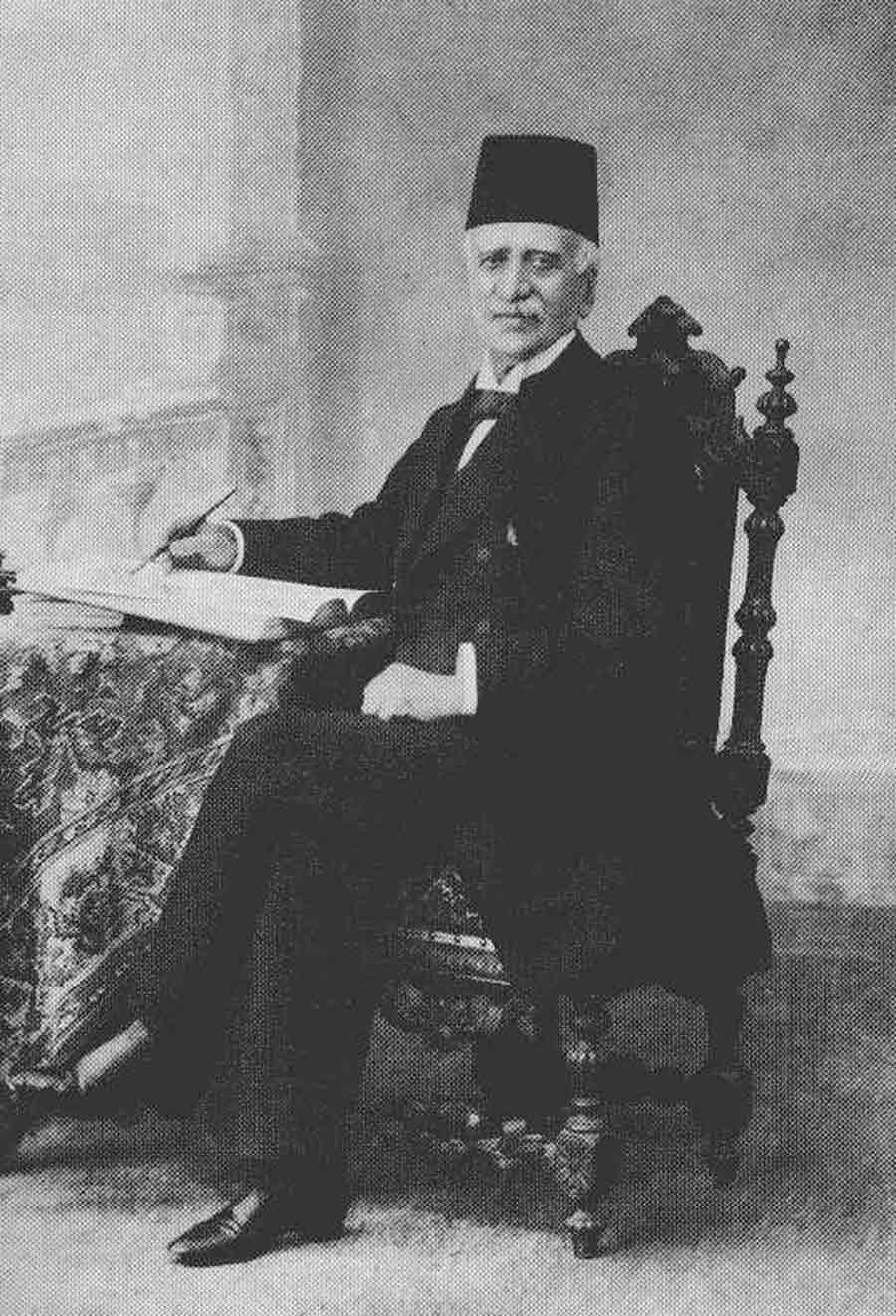
Mirza Malkam Khan
Abdu’l-Baha’s call for political democracy in Iran was a startling innovation in the intellectual currents of 19th century Iran. The next call for political democracy in Iran, by Malkum Khan in his article in Qanun newspaper published in London in 1892, came about 17 years after the initial publication of The Secret of Divine Civilization.
Importantly, Abdu’l-Baha’s discussion of political democracy follows neither the Western nor the Eastern model—it presents something entirely new. In the modern Western political tradition the question of political power primarily depends on representative government and universal election. In the traditional Eastern model, the question of leadership has concentrated on the moral preconditions and characteristics of the leader.
Abdu’l-Baha emphasizes both issues, and insists on both universal participation and the moral requisites of elected officials:
… any agency whatever, though it be the instrument of mankind’s greatest good, is capable of misuse. Its proper use or abuse depends on the varying degrees of enlightenment, capacity, faith, honesty, devotion and high-mindedness of the leaders of public opinion. …
If these individuals prove to be pure and high-minded, if they remain free from the taint of corruption, the confirmations of God will make them a never-failing source of bounty to mankind. – Ibid., p. 16.
Similar to his invitation for political reform, Abdu’l-Baha also encourages administrative reform by attacking corruption and nepotism, and calling for moral and institutional changes which will make arbitrary and abusive policies impractical:
It is unquestionable that the object in establishing parliaments is to bring about justice and righteousness, but everything hinges on the efforts of the elected representatives. If their intention is sincere, desirable results and unforeseen improvements will be forthcoming; if not, it is certain that the whole thing will be meaningless, the country will come to a standstill and public affairs will continuously deteriorate. – Ibid., p. 22.
In The Secret, Abdu’l-Baha also urges the leaders of his country to adopt technological reforms, to take advantage of what the modern world has to offer. He advocates industrial expansion, technological and scientific consolidation, social planning on the basis of rational predictions of the future, universal protection of the rights and freedom of all individuals, and infrastructural reform.


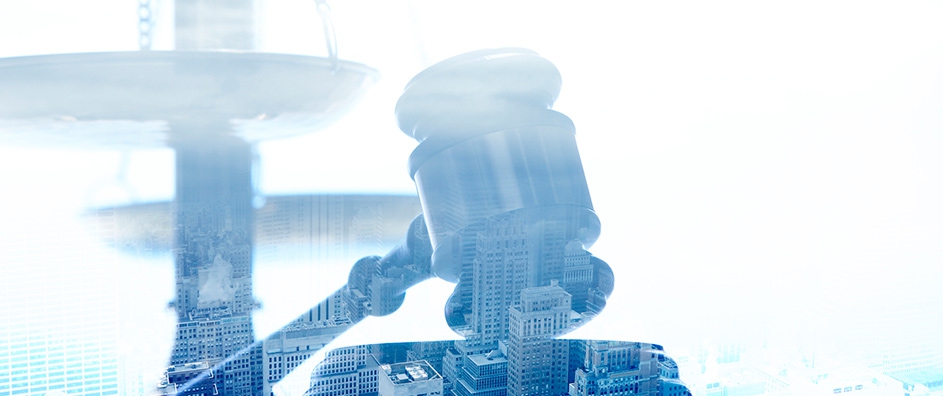
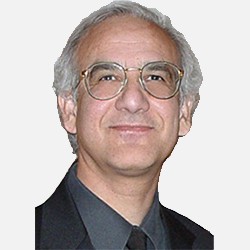
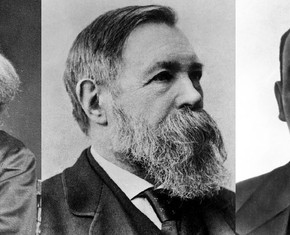
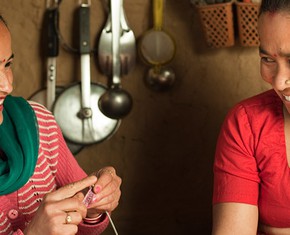










Comments
Sign in or create an account
Continue with Googleor